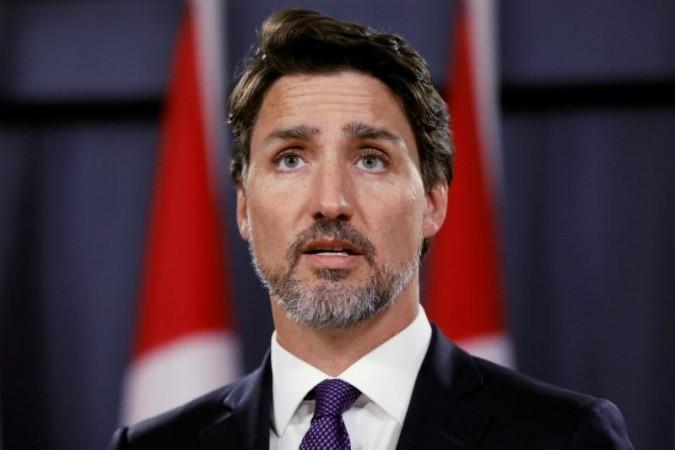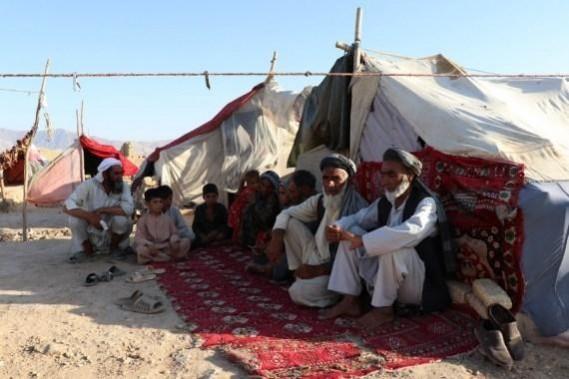Canadian Prime Minister Justin Trudeau has said his government has no plans to recognise the Taliban as the legitimate government of Afghanistan, while the European Union (EU) foreign affairs chief Josep Borrell was among the first to differ and reiterate that the EU will have to talk with the Taliban as it has "won" the war.
"The Taliban have won the war, so we will have to talk with them," Borrell said after an emergency video conference of EU foreign ministers on Tuesday afternoon, adding that this does not mean moving quickly to officially recognize the Taliban's government, reports said.

Kabul fell to the Taliban on Sunday. Two aircraft carrying diplomats, troops and Afghans from Kabul landed in Canada Monday night. Soon after, Trudeau said, "Canada has no plans to recognise the Taliban as the government of Afghanistan. When they were in government 20 years ago, Canada did not recognise them."
"Our focus right now is on getting people out of Afghanistan and the Taliban need to ensure free access to people to get to the airport," he said on Tuesday. "We're working with our allies on what Canada as part of the international community can do to stabilize the situation, protect civilians, and put an end to the violence. This includes taking leadership by bringing Afghans to safety in Canada," he said.
EU ready to talk
However, the European allies tend to differ with Canadian perception as EU foreign affairs chief has already declared it a legitimate war won by the Taliban. "I just said that we have to talk with them about everything, even to try to protect women and girls. Even for that, you have to get in touch with them," Borrell said.

Borrell added that any cooperation by the EU with the new government of Afghanistan "will be conditioned on a peaceful and inclusive settlement and respect for the fundamental rights of all Afghans, including women, youth and persons belonging to minorities," as well as respect for other commitments such as fighting against corruption and preventing the use of Afghan territory by terrorists.
He said the new reality in Afghanistan comes 20 years after the beginning of the military operation launched by the United States with the support of NATO in October 2001. The original military and political commitment, which is to destroy the Al-Qaeda terrorist group, shifted to the nation-building of a modern state in Afghanistan. "The first part of the mission succeeded, and the second did not," he said.














